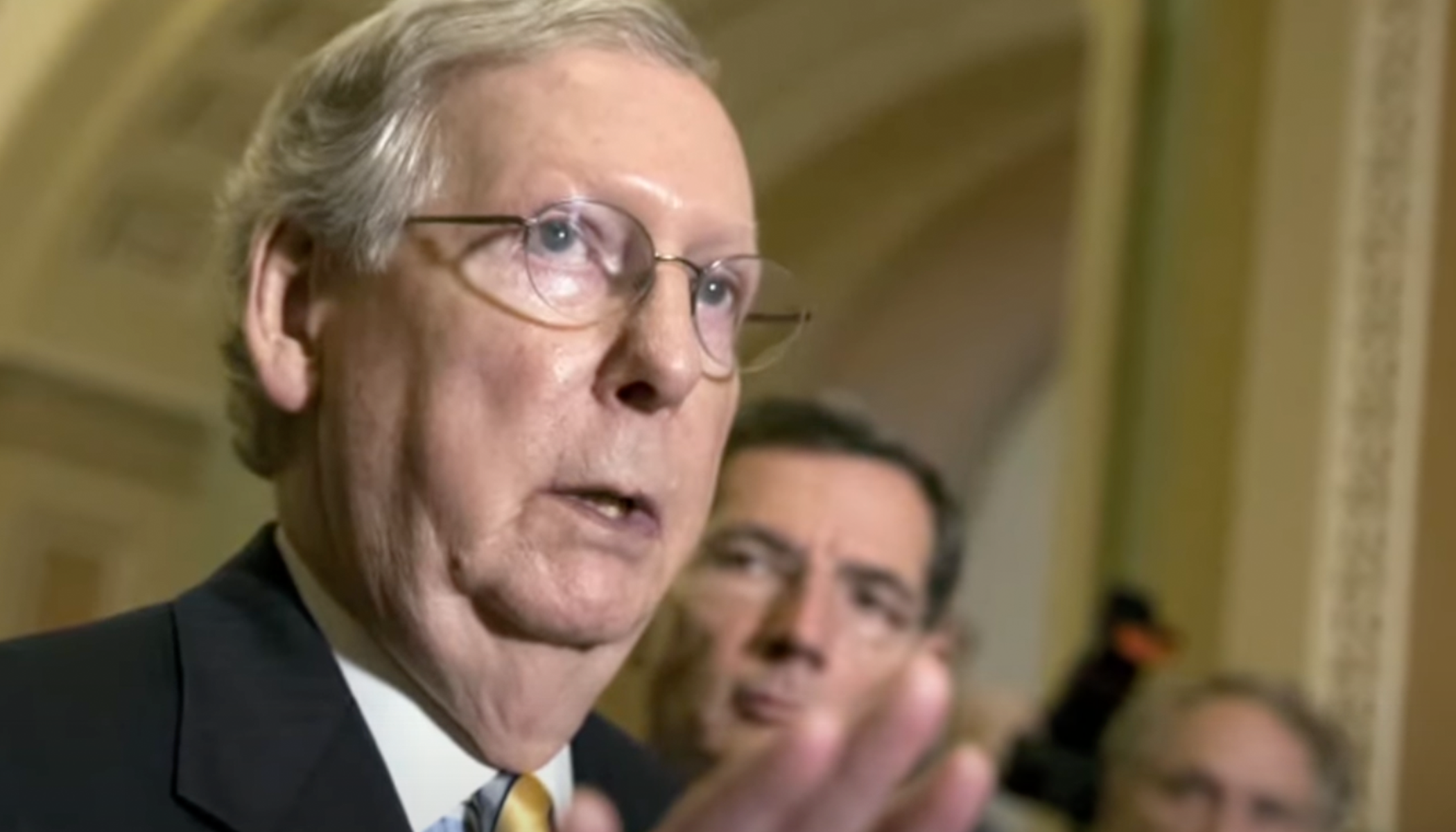NYT Concedes Harris’s Stance On Funding Transgender Surgeries For Migrants
A recent debate spark over Vice President Kamala Harris's support for taxpayer-funded gender-affirming surgeries for detained migrants has led to a surprising turn in media fact-checking, Fox News reported.
Follow-up fact-checking by major outlets has confirmed that former President Trump's allegations against Kamala Harris hold substantial accuracy.
During a 2024 presidential debate, a bold claim by Donald Trump stated that Vice President Kamala Harris advocated for providing gender-affirming surgeries to detained illegal immigrants. This statement immediately drew media attention and scrutiny.
CNN's earlier reports highlighted a 2019 ACLU questionnaire where Harris expressed her support for such measures. This backdrop served as the basis for ongoing media analysis.
The statement from Trump prompted The New York Times reporter Sheryl Gay Stolberg to perform a live fact-check. Initially, she suggested the former president's comment was taken out of context.
NYT Fact-Check Initially Calls for More Context
The term "needs context," as used by Stolberg, was intended to imply that Trump's assertion might be an oversimplification. However, her explained context indicated that Harris did indeed support taxpayer-funded gender-affirming care.
This admission aligned closely with Trump’s claim and sparked discussions among media outlets about the appropriateness and accuracy of initial fact-checking responses.
Stolberg’s clarification stated that Harris supported using taxpayer funds to facilitate access to gender-affirming care for both transgender and nonbinary individuals in immigration detention and prisons.
Media Reactions to Updated Fact-Checking
The narrative took another turn as various news publications began updating their stance. Time magazine and The New York Times acknowledged that Trump's claims were not false, as previously depicted.
Time magazine went as far as issuing a correction, revising their earlier mischaracterization of Trump's statement from false to accurate according to the information Harris provided in the ACLU questionnaire.
This sequence of events led to mixed reactions across the media spectrum. Some criticized the initial skeptical reception of Trump’s claims, while others focused on the evolving nature of fact-checking in real-time.
Harris Campaign's Response to Controversy
In an effort to mitigate the fallout, Harris’s campaign spokespeople worked to distance her current campaign proposals from the positions she endorsed in the ACLU questionnaire.
Their official statement highlighted that the questionnaire responses from 2019 do not necessarily represent her current campaign policies.
This statement came amid varying public and media interpretations of Harris’s stance, complicating the narrative around what policies she might pursue if elected.
Analysis of Political Communication and Media
Political analysts and commentators like Guy Benson and Greg Price pointed out the irony in The New York Times’s use of the phrase "needs context." They stressed that the provided context actually substantiated Trump’s initial claim.
The discourse surrounding this topic illustrates the challenges and responsibilities of media outlets in interpreting and reporting on political statements accurately.
Commentary from Susan Glasser and Ali Breland further highlighted the divisive and somewhat incredulous reception of Trump’s words among the public and the press.
Impact on Public Perception and Media Integrity
This incident underscores the intricate dynamics between political rhetoric, media reporting, and public perception. It sheds light on the critical role of thorough and unbiased fact-checking.
The developments following the debate have prompted discussions about the need for clearer communication from politicians and more rigorous standards in journalistic fact-checking.
Ultimately, this story reflects ongoing tensions and challenges in the landscape of American politics, particularly in the realms of immigration, healthcare, and civil rights.






